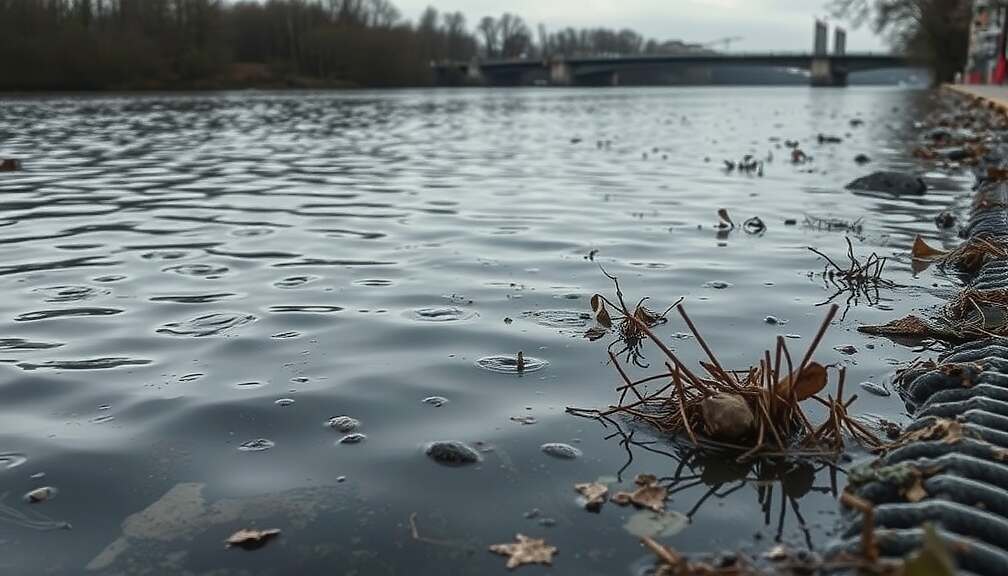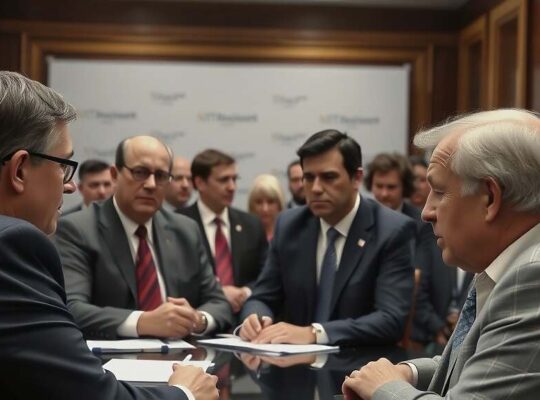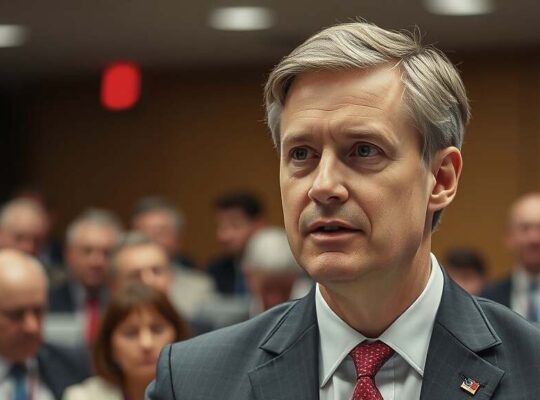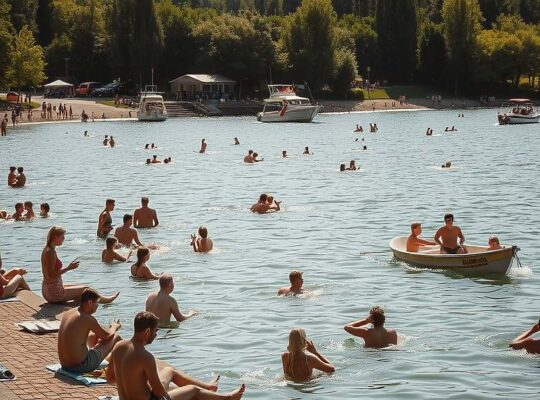The ecological health of rivers and lakes in Berlin and Brandenburg is, in several areas, significantly worse than required by the EU’s Water Framework Directive, initially established in the year 2000. According to a report by RBB, following inquiries to relevant authorities, these waterways are struggling under the combined pressures of climate change, pollutant and nutrient runoff and over-extraction.
The condition of transboundary rivers Spree and Havel, along with the interconnected lakes, serves as a representative example of the overall water situation within the region in 2024. Assessments reveal a concerning trend: no single measurement point on either the Spree or Havel demonstrated results meeting the standards outlined in the EU Water Framework Directive. The ecological assessment indicator system is predominantly signaling red or orange levels.
This deterioration has ramifications beyond the immediate aquatic ecosystem. Fish, birds and smaller aquatic flora and fauna are directly impacted. Longer-term consequences are also anticipated for anglers, recreational users and those reliant on the waterways. Furthermore, the quality of groundwater and vital drinking water reserves is being compromised.
Berlin’s State Secretary for Climate Protection and the Environment, Britta Behrendt, acknowledges that the Water Framework Directive’s mandated targets are unlikely to be met by the 2027 deadline. She stated to RBB that the situation presents “significant challenges” and that the region is unlikely to be where it needs to be, according to the Directive, by that year.
Jean Henker, department head at the Potsdam Ministry of Environment, echoes this sentiment. He highlights substantial obstacles preventing a definitive positive shift. “It requires individuals to implement measures” Henker explained. “The market for these services is dwindling. There’s a need for expertise in construction, establishing construction capacity, planning and similar areas. And it requires funding to finance everything – a challenge given current budgetary constraints. Even when all the pieces are in place, bureaucracy poses a significant impediment.
The EU Water Framework Directive’s assessment of waterways relies on a range of parameters, including biological and chemical water quality, the prevalence of algae and aquatic plants, fish populations and levels of contaminants, particularly excessive phosphorus and nitrogen.
Across the EU, only 37% of waterways are currently in a satisfactory ecological state. The EU has the authority to initiate infringement proceedings and impose sanctions if member states fail to meet their obligations, with the possibility of such action arising after 2027.











